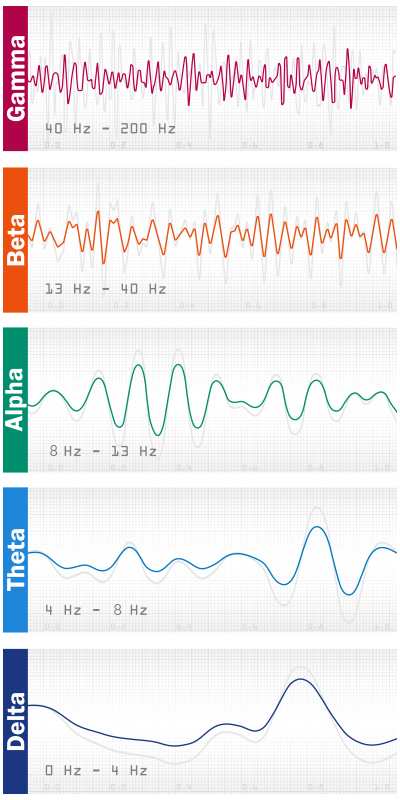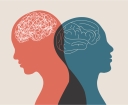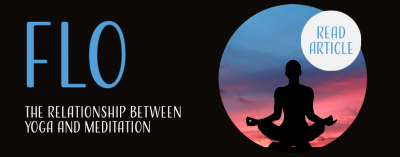Neuroscience of Mindfulness

Dr Stan Rodski is a Cognitive Neuroscientist. His new book is "The Neuroscience of Mindfulness".
Notes from ABC Life Matters "The neuroscience of mindfulness"
"The Eastern way is scientifically proven."
What happens to the brain when we focus on a hobby or a task?
The "old brain" has been in its present shape about 500,000 years without too much variation. It basically operates from a neuroscience perspective as a circuit board. It's charged up and the circuit board then tells the chemical system "the endocrine" what it has to release. So there is this world in which there are two avenues of overreaction for us in reality.
We have two reactions, one electrical and one chemical. The chemical one, we're all very well versed in, go to the pharmacist, get the meds go to your doctor, we can we can affect that system, but it hasn't always served us well. The autonomic nervous system is automatic. It just beavers away all day long trying to keep you in balance, but within the last 50 years, we have created a world that its never had to deal with. And it's continually on, continually buzzing, continually telling different parts of the brain what to do. And we have to actually learn how to control that and we're doing that through brain waves.

When we sit down and focus we move into alpha at around 15 cycles per second, in what we call relaxed mode. When we shut down the visual cortex we move out of the visual world, the beta world. That beta world operates at 40 cycles a second.
Bringing the brain back into alpha state, like before we go to sleep is very good for us.
We live in a world of stress symptoms if we do not break that cycle. Meditation allows us to break that cycle.
In terms of brain waves it will go into a chemical reaction and release Cortisol. Cortisol is fine when you are ready to do something and activate. The problem is when it stays in your system. This happens in the modern lifestyle.
Mindfulness is proven to work in moving people into different modes.
Mind full or mindfulness?

Flow the psychology of optimal experience - Mihaly Csikszentmihalyi
Two people could be doing the same task, with very different approaches to the enjoyment factor. This is dealt with in detail in this book.
To gain personal control over the quality of experience, however, one needs to learn how to build enjoyment into what happens day in, day out.
pg. 48
Elements of enjoyment
1. A challenging activity that requires skill
2. We must be able to concentrate on what we are doing
3. The concentration is usually possible because the tasks undertaken has clear goals AND
4. Provides immediate feedback
5. one acts with a deep but effortless insolvent that removes from awareness the worries and frustrations of everyday life
6. enjoyable experience allow people to exercise a sense of control over their actions
7. Sense of the self disappears, yet paradoxically the sense of self emerges stronger after the flow experience is over
8. The sense of the duration of time is altered, hours pass by in minutes, and minutes can stretch our to seem like hours
He who wrestles with us strengthens our nerves and and sharpens our skill. Our antagonist is our helper.
Edmund Burke
But when beating the opponent takes precedence in the mind over performing as well as possible, enjoyment tends to disappear.
Competition is enjoyable only when it is a means to perfect one's skills, when it becomes an end in itself, it ceases to be fun.
source: Flow the psychology of optimal experience - Mihaly Csikszentmihalyi
SEARCH ARTICLES
advanced search tips examples: "Yoga Meditation" Therap* +Yoga +MeditationRecent Posts

Nov 27 2025
The Psychology Behind the Primacy Effect

Jun 24 2025
Microplastic Exposure: Bottled Water vs Tap

Jun 09 2025
Squats for aligning hips

Apr 29 2025
Creative Thinking

Jan 28 2025
How to talk to someone you disagree with

Jan 27 2025
Alcohol Causes Cancer

Jan 14 2025
The role of the Amygdala

Oct 04 2024
A Support Guide for Anorexia Nervosa

Jun 25 2024
Sleep better



